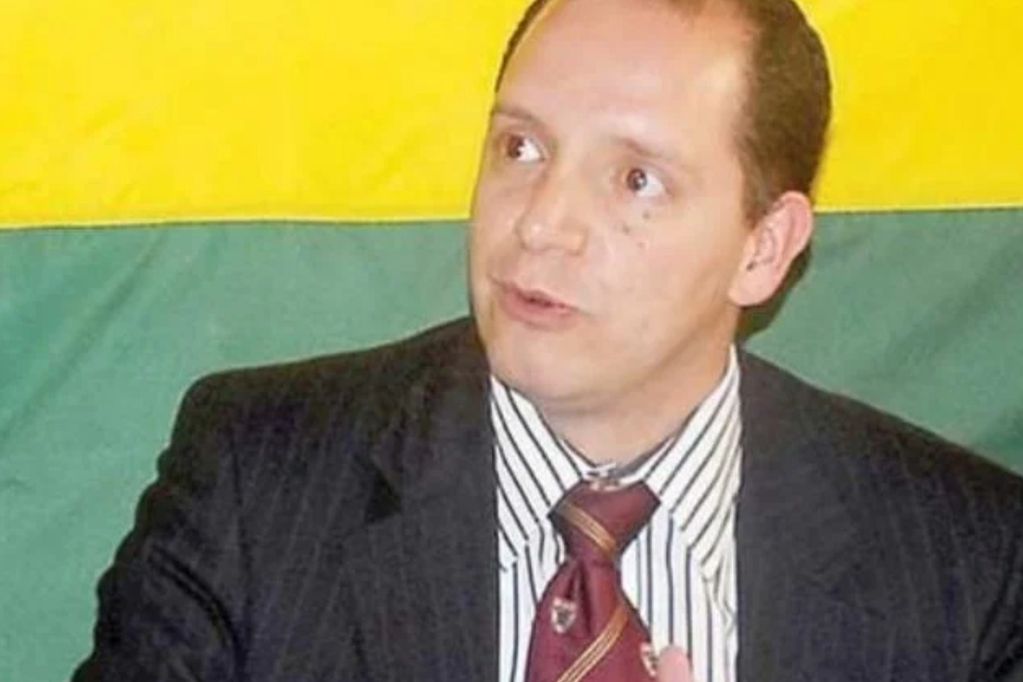RIO DE JANEIRO, BRAZIL – Former Bolivian deputy Minister Eduardo Peinado, who was in office during the first government of Evo Morales (2006-2010), has asked for refuge in Chile after entering the country through an illegal border crossing. This was confirmed by official sources on Thursday (26).
The request for refuge was made on August 25 to the presidential delegation of Antofagasta, under the Ministry of Interior, a region through which Peinado had entered last week with his wife.
Read also: Check out our coverage on Bolivia
When asked by Televisión Nacional de Chile about the reasons for his request to flee, Peinado replied that it was a “delicate matter” and that he could not say more.

Interior Ministry sources told the Efe news agency that the asylum seeker’s explanation is confidential by law, so the specific reasons Peinado gave to justify his request are not known. According to local press reports, the presidential delegate in Antofagasta, Daniel Agusto, said that Peinado claimed “political persecution in his country” when he entered Chile.
Peinado was Bolivian President Evo Morales’ deputy minister of medium and large enterprises and industry, and has been charged with “economic harm to the state, damage to contracts, breach of contract, illicit enrichment, dereliction of duty and incompatible negotiations for the public enterprise Papeles de Bolivia (PAPELBOL),” according to Bolivian newspaper EMOL.
Meanwhile, Bolivian media outlet Página Siete reported this week that the prosecutor’s office will declare Peinado “in absentia” and that “an arrest warrant will be issued.”
Peinado and his partner had to be rescued by the Chilean Air Force when they entered Chile after traveling for three days in the Atacama Desert. They were dehydrated and suffering from hypothermia and were taken to a hospital to recover.
Among the basic principles of international protection that apply to those seeking protection is the right not to be sent back to countries “where their life or personal liberty is at risk” and not be punished for entering illegally.
NONE OF DEMOCRACY’S BASIC ELEMENTS SAID TO SURVIVE IN BOLIVIA
Carlos Sánchez Berzain, director of the Interamerican Institute for Democracy, says that none of the “basic elements of democracy” survive in Bolivia, a country with dozens of political prisoners, thousands of exiles, and totalitarian rulers. The nation is not a democracy in crisis, but rather a dictatorship, and it is time it was described and addressed as such, he wrote in a recent opinion piece.
Since January 2006, with the rise of Evo Morales to the presidency, the Bolivian people were forced to walk the path of the establishment of a dictatorship that, through fraud, massacres, and political persecution, supplanted the Republic of Bolivia and the Political Constitution to impose what is known today as a “plurinational state,” a copy of Cuban and Venezuelan dictatorial statutes that Castro-Chavism calls constitutions, he added.
According to him, there is no “respect for human rights and fundamental freedoms.” In Bolivia, political prisoners include former president Jeanine Áñez, ex-ministers, military, police, youths, and citizens who were part of or victims of the failed attempt to end the leftist dictatorship between October 2019 and October 2020.

